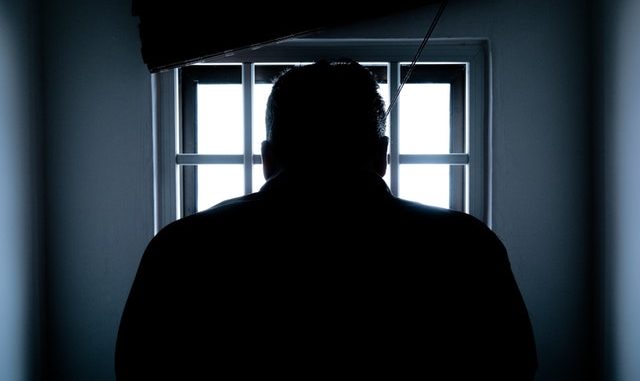
Opening Insights: Monitored Social Manipulation
All the world's a stage, and all the men and women merely players:
they have their exits and their entrances;
and one man in his time plays many parts,
his acts being seven ages.
WILLIAM SHAKESPEARE
If we believe Shakespeare's teachings we learn that in life we play many roles. Some roles we were born into and others we grow into. Few of us understand or come to discover that we actually have a choice in the roles we play. More often than not we live our lives as victims of circumstance, acting out the roles that society/our environments have programmed us to play.
As puppets of social conditioning we react to our automatic programming; and never truly learn to live. Our identity is never truly formed as we become chameleons, learning to play the part in order to adapt and "survive" within the confides of our social programming.
Informational Insights: Measuring Social Cultural Manipulation
Universities have notoriously engaged in “Experiments” to measure learned behavior/conditioning and the effectiveness of Social Cultural Manipulation. The most well know study is the Stanford Prison Experiment, conducted in 1971. The idea behind the study was to define a group of volunteers, and give half of them the role of prisoners, the other half prison wardens, place them in a makeshift jail and watch what happens: would humanity triumph over evil: what happens when you took good people and put them in an evil place?
The Experiment that was supposed to last two weeks, ended abruptly six days after it began, due to a string of mental breakdowns, an outbreak of sadism and a hunger strike. In simple terms the study:
- Took a diverse group of people/values and “sparked the social conditioning” to determine the effectiveness of there programming.
- Removed the “spark” and measured how quickly the people returned to their original conditioning.
"The first day they came there it was a little prison set up in a basement with fake cell doors and by the second day it was a real prison created in the minds of each prisoner, each guard and also of the staff," said Philip Zimbardo, the psychologist leading the experiment. He stated that "it does tell us that human nature is not totally under the control of what we like to think of as free will, but that the majority of us can be seduced into behaving in ways totally atypical of what we believe we are" Here is more about his experience...
Possibilities for Consideration: Discovering Truth and Free Will
You can’t know what's WRONG
…until you know what's RIGHT.
RICHARD JORGENSEN
In order to be free we need to understand the Social Cultural Engineering Model that trips us of our choice and conditions us to become a slave to the social programming we receive as children.
I began to feel that I was losing my identity, that the person that I called Clay, the person who put me in this place, the person who volunteered to go into this prison – because it was a prison to me; it still is a prison to me. I don't regard it as an experiment or a simulation because it was a prison run by psychologists instead of run by the state. I began to feel that that identity, the person that I was that had decided to go to prison was distant from me – was remote until finally I wasn't that, I was 416. I was really my number.
-Quote from Prisoner #416
- What if you could discover and experience your true identity and help others do the same?
- What if you could break free of your socially conditioned prison and/or help other to do they same?
- What if you could be a part of cultural transformation to free the hearts and minds of young and old?
- What if you could be a part of the social, economic and cultural empowerment and growth of your world?
- What if you could do something to reverse the addiction problems within businesses, communities and schools?
- What if you could do something of value for your people, animals, organizations, communities and country?
- What if you could be a part of a rehabilitation movement for not just prisoners, but humanity as a whole?
- What if you could be a part of a movement to unite and support people in developing collective and individual sentience?
Add Your Insight: Better Together
Never doubt that a small group of thoughtful, committed citizens can change the world; indeed, it's the only thing that ever has.
MARGARET MEAD
